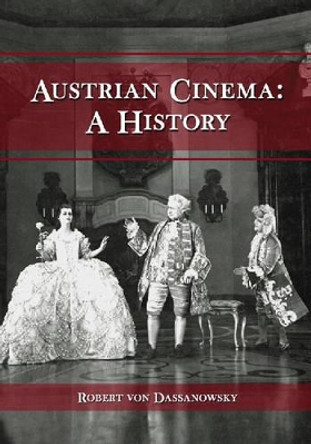Description
About the Author
Robert Jackson is an James G. Watson Professor of English at the University of Tulsa, where he is also affiliated with programs in Film Studies and African American Studies. Specializing in cultural studies of the modern United States, he works at the intersection of literature, film and media studies, and social history. Among his prior publications is Seeking the Region in American Literature and Culture: Modernity, Dissidence, Innovation (2005).
Reviews
[A] comprehensive study of the cinema of the American South meticulously researched. * Keith Hopper, Times Literary Supplement *
An extremely fascinating work on southern cinema that extends from actors, literary figures, and industry workers who influenced popular representations of the South to filmmakers who built homes emulating southern mansions to actors who brought their own interpretations of the South to the screen. Jackson intricately interweaves the contributions of African American cinema into this discussion, making it integral to rather than tangential to this engaging, thoughtful, and well researched examination of the Souths influence on Hollywood. * Charlene Regester, University of North Carolina, Chapel Hill *
Covering both the famous and the obscure, Jackson's exciting and often surprising volume shows how integral southern topics and southern people were to filmmaking through the 1940s. * Ted Ownby, Center for the Study of Southern Culture, University of Mississippi *
Book Information
ISBN 9780190660185
Author Robert Jackson
Format Paperback
Page Count 344
Imprint Oxford University Press Inc
Publisher Oxford University Press Inc
Weight(grams) 520g
Dimensions(mm) 234mm * 170mm * 19mm
Details
Subtitle: |
A History of the Southern Cinema |
Imprint: |
Oxford University Press Inc |











